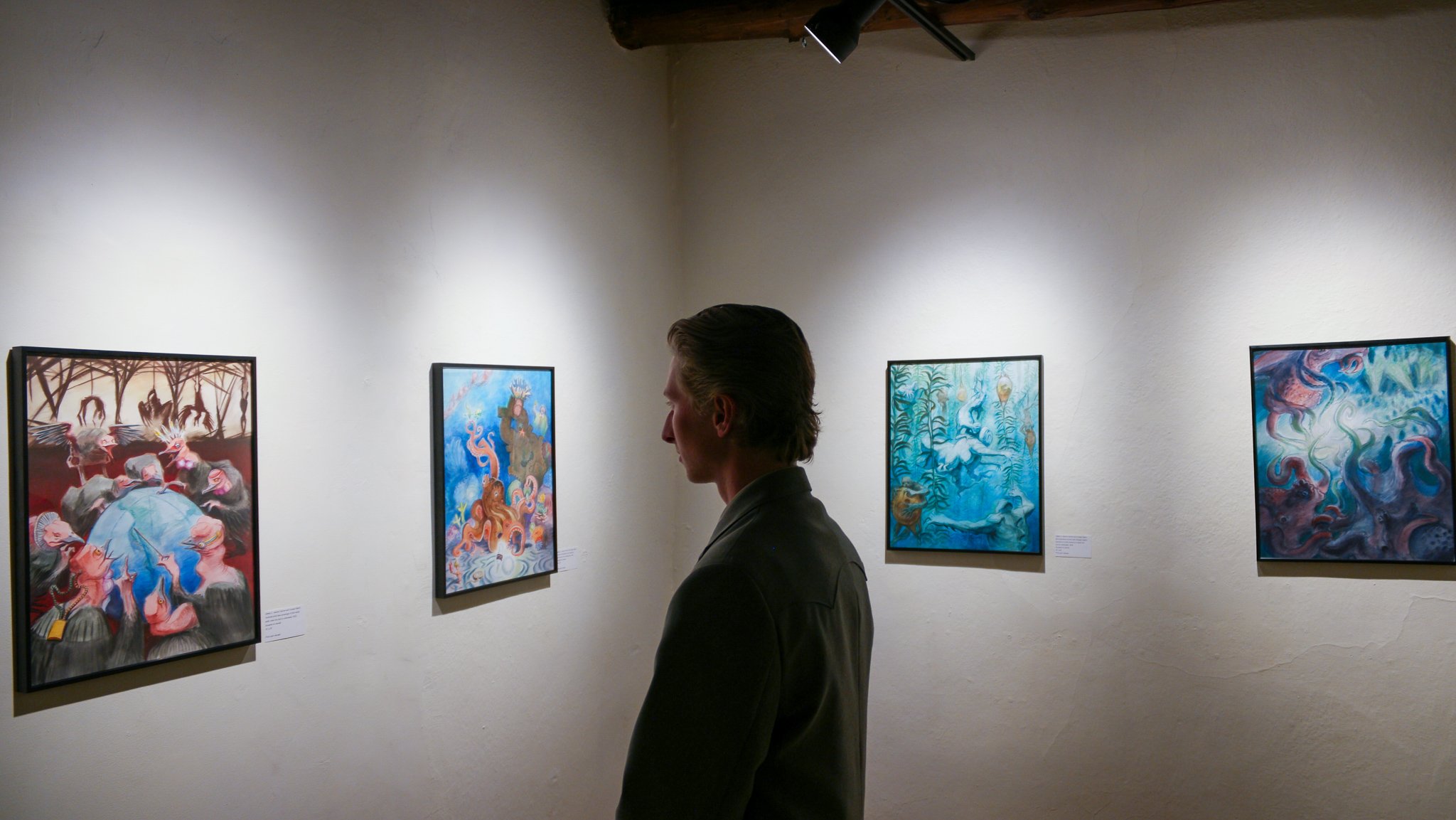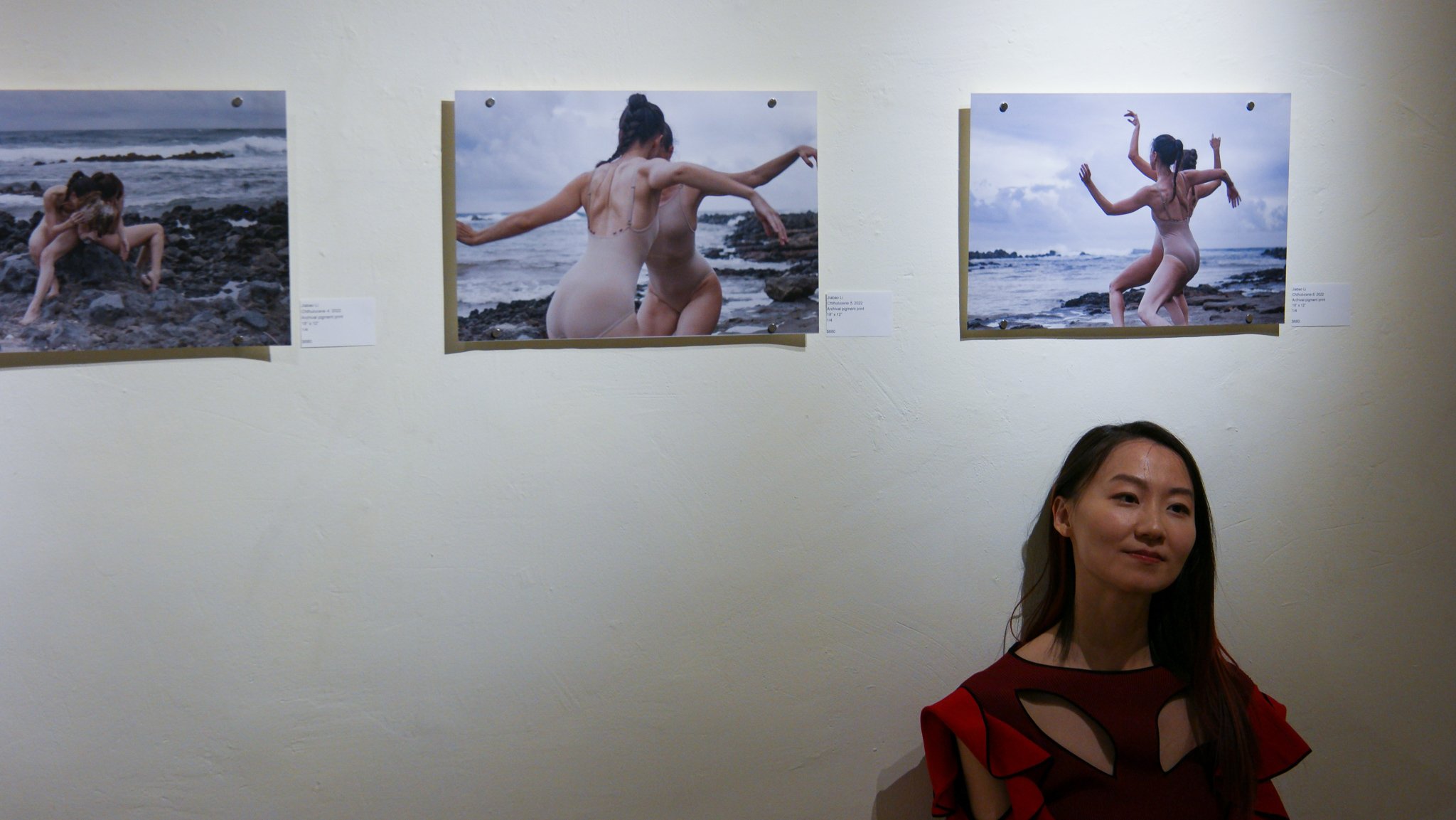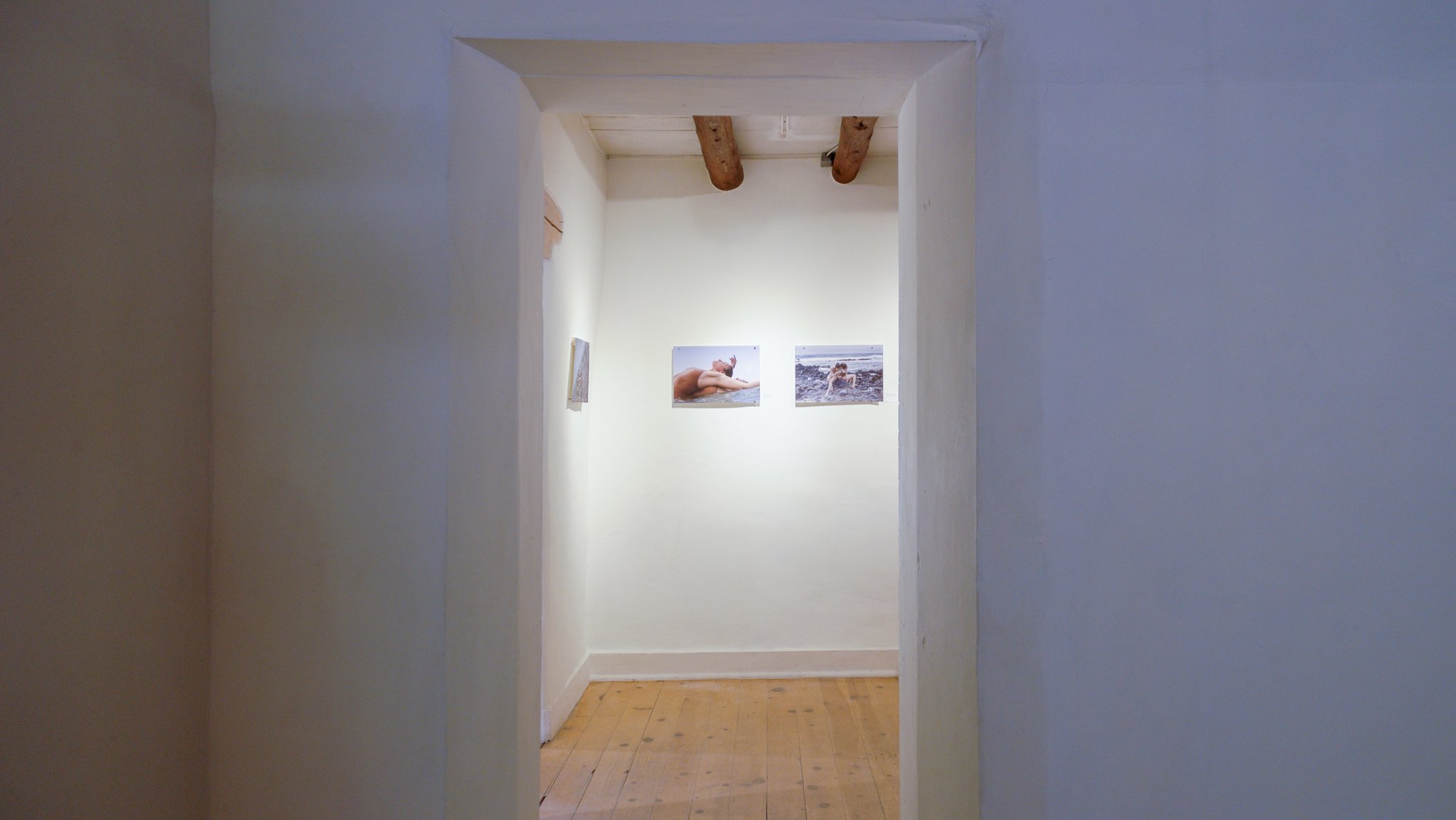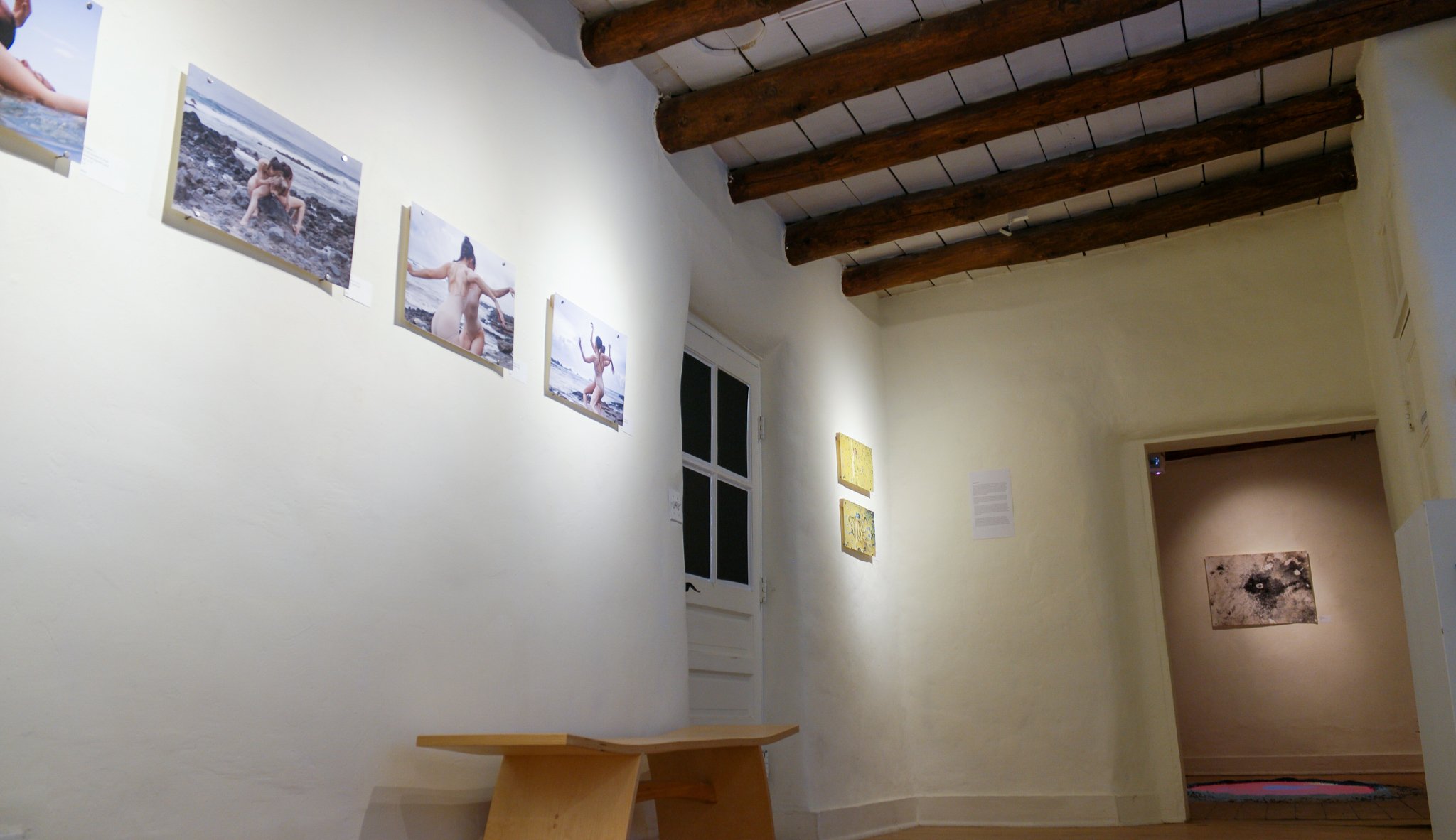Chthulucene
Since the beginning of the British Industrial Revolution, Humans have become an important force affecting the evolution of the environment. Scientists call it the "Anthropocene", which summarizes the geological changes from this period. But after realizing the role of mankind, we once again placed ourselves at the center of the world. In this project, we try to imagine a world where human beings are not the only important actors in the world. Diverse species are intertwined and react upon each other.
On the evolutionary tree, humans and octopuses separated 500 million years ago. And they evolved distributed intelligence into a completely different extreme than humans. What if the world is not centered around humans but octopuses?
We imagine a world where global warming causes sea levels to rise and all continents are submerged underwater. As a highly intelligent species in the ocean, the octopuses have unlocked the optic gland gene that releases self-destructing hormones after giving birth. Now they can pass on the wisdom of their ancestors from generation to generation.
The "Anthropocene" ends, and the earth enters the "Chthulucene."
When humans are on the edge of extinction due to environmental breakdown, how can we design an elegant extinction? What can we create so that the upcoming species, in this case, the octopus, will remember us with a little bit of tenderness and empathy?
In the first attempt, we try to connect with octopuses through learning their movements, through interspecies metamorphosis. Shifting from human supremacy worldview to a world where we have to adapt and learn the becoming of other species; shifting from the central governed brain to distributed intelligence; shifting our visual dominated senses to tactile perception.
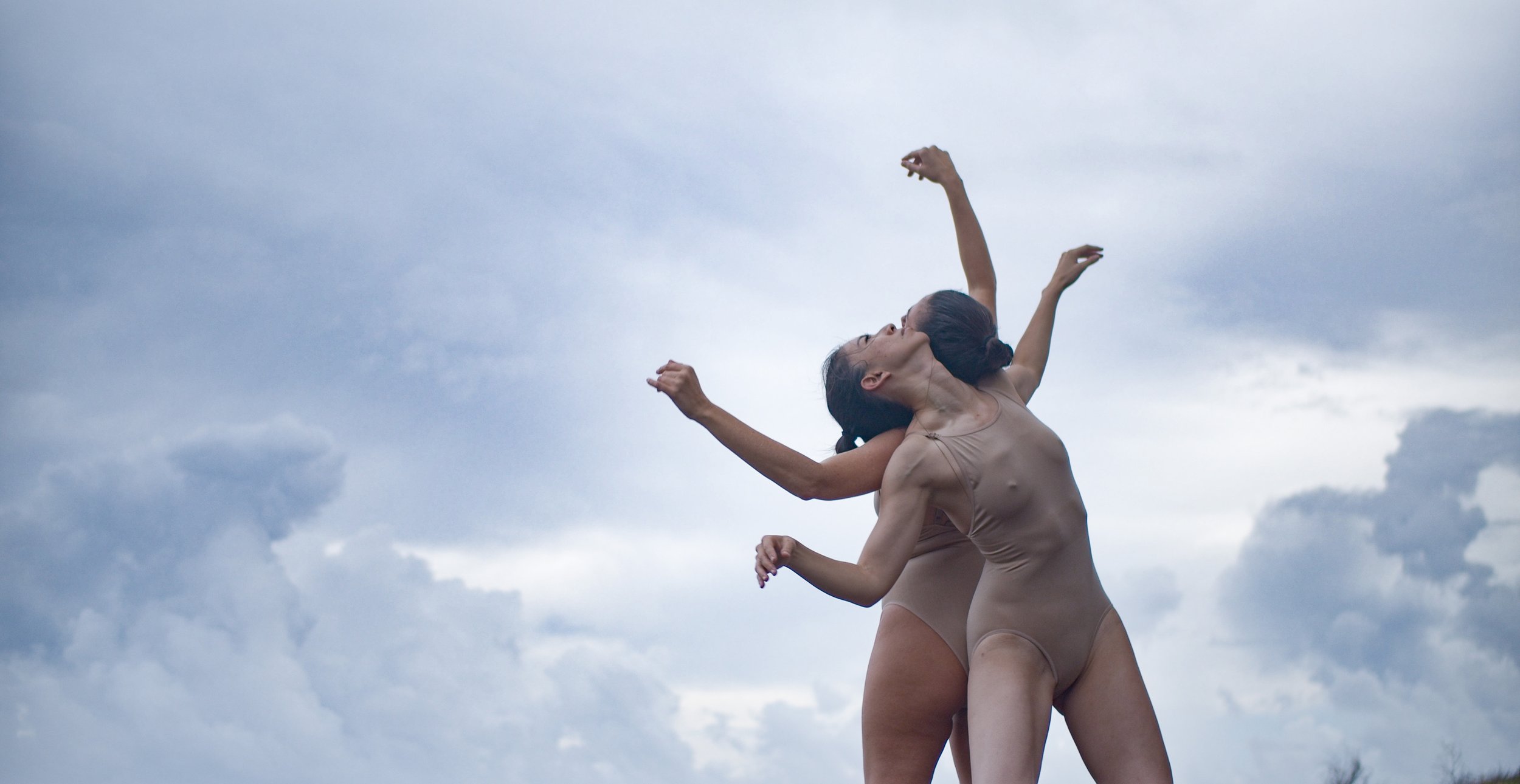
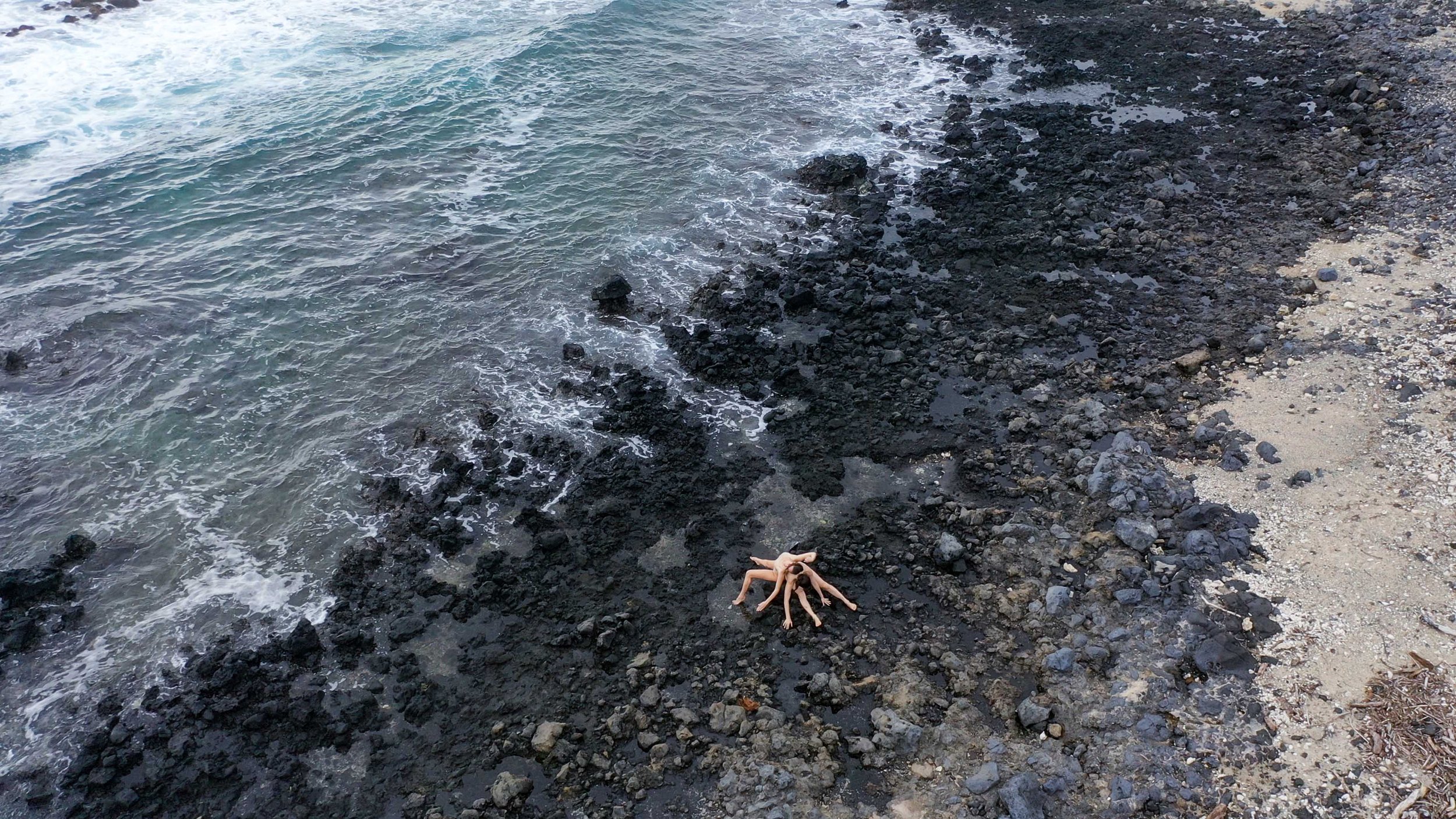
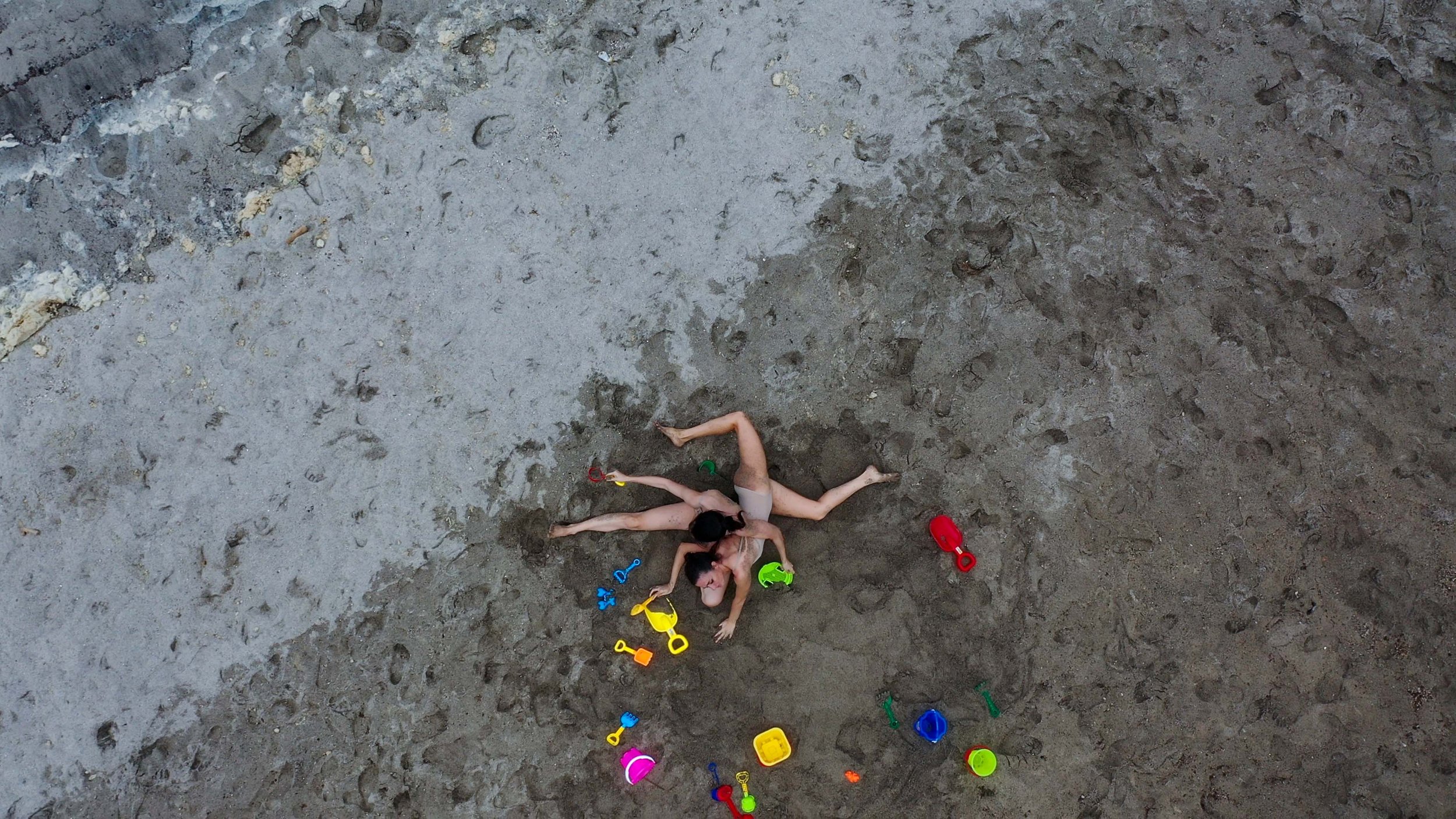
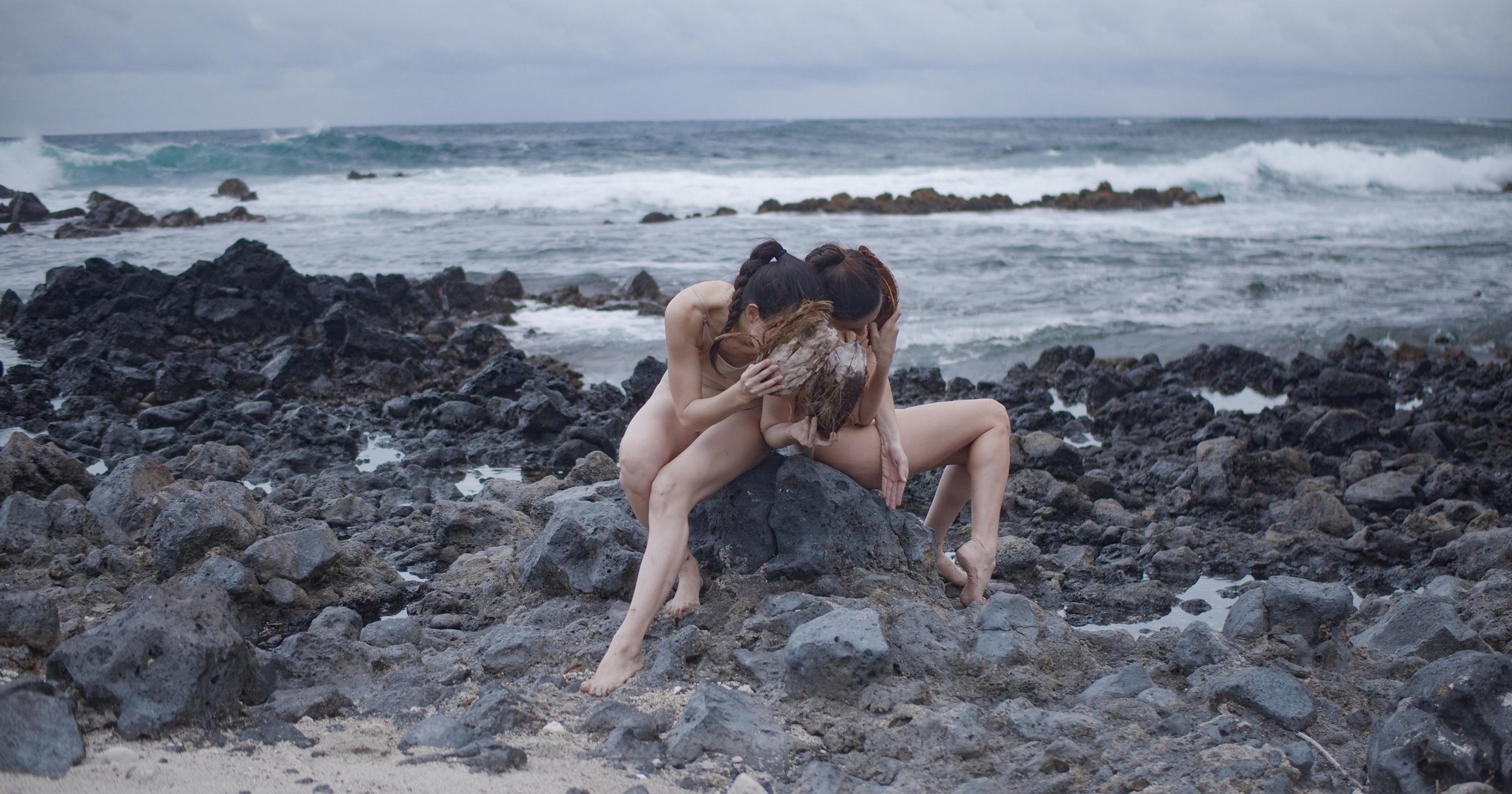
Exhibitions
Venice Architecture Biennale, European Culture Center, 2023. “Time Space Existence”, “Transpecies Design”.
Progenitorial Hysteresis 祖细迟滞. 12 Dec 2023 - 13 Apr 2024. Duande Art Museum 巽美术馆, China
Ecological Soup: Interspecies Encounters. 5 May 2023 – 20 Aug 2023. Currents New Media, Santa Fe, NM, US
Perception Omnifold. 21 Aug 2023 - 22 Sep 2023. Yang Family Art Gallery, Indianapolis, IN, US
International ScreenDance Festival, 2024
“Host: Fusebox Program with Jiabao Li”, The Contemporary Austin, 2024
“Perform: Video Art by Jiabao Li and Rachel Merrill”, MSU, Minnesota, 2024
“World Wide Web. Of Life”, Exploratorium, San Francisco, 2023
“Time Capsules: Discovering The Undiscovered”, SIGGRAPH Art Gallery, Los Angeles, 2023
“Embodied Ecology”, New Museum, New York, 2022
Museum of Modern Art (MoMA) theater, New York, screening, 2022
Awards
Webby Award Nomination
Publications
Jiabao Li. 2023. “Chthulucene.” SIGGRAPH Art Gallery. https://dl.acm.org/doi/10.1145/3588428.3593823
Octopuses have distributed intelligence, each of their tentacle can think on its own. They basically have nine brains. Just like the distributed intelligence of Octopus, in this performance, the two humans practice "contact improvisation". They have to non-verbally communicate with each other in order to go to somewhere or do something. They are practicing distributed intelligence that are different from our central-governed brain.
On another attempt, I used an AI algorithm to style transfer between an octopus and the two dancers. AI could be the middle agent in assisting us to embody another species.
Credits
Concept and Direction: Jiabao Li
Producers: Jiabao Li, Mareva Minerbi
Choreography and performance: Mareva Minerbi, Sheenru Yong, Theo Steinman
Music: Lu Wang dk
Editor: Dónal Foreman
Cinematographer: Vincent Bercasio
Octopus Synthesist: Steven Wilkinson
Drone Videographer: Pat Galvin
Shepherd: Cooper Galvin
Special Thanks to Donna Haraway, Fiona Raby, Margaret McFall-Ngai, Paola Antonelli
NEW INC, New Museum, Serpentine Gallery
Collaborating with illustrator Aemon Cannon, we wonder what this world would be like through the octopus's perception.
Bio-engineered humans with enlarged organs specialized in their functions to adapt and survive underwater.
Territorial birds take advantage of their aerial ability when the land is underwater.
Three octopuses express their opinions. It's hard because the tentacles from the same octopus may disagree with each other.
Octopus archeologists scan through the reminiscent of the Anthropocene.
Illustrated by Aemon Cannon
Conceived by Jiabao Li & Cooper Galvin
